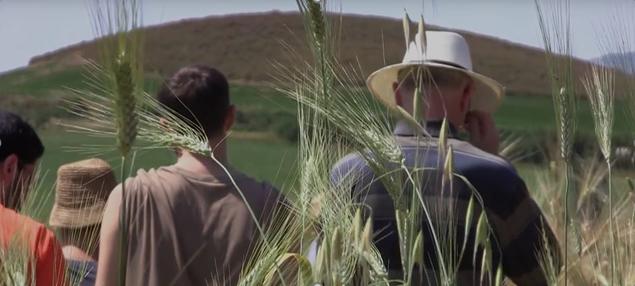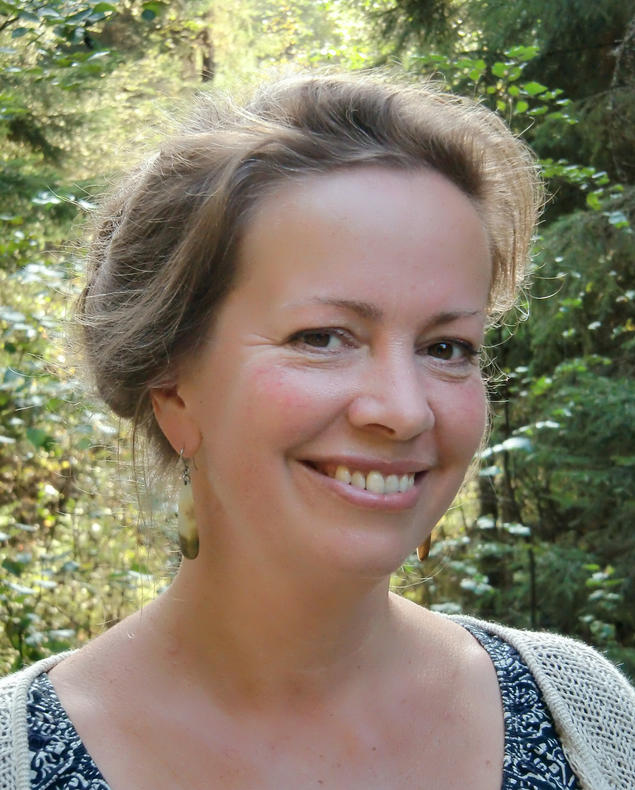Community seed banks: hubs for growing genetic diversity

The final congress of the European research collaboration DIVERSIFOOD was held in Rennes, France on 10-12 December 2018. FNI presented key findings on the growing prevalence and importance of community seed banks both in Europe and the Global South.
The DIVERSIFOOD project, funded under the European Union’s Horizon 2020 Programme, aims to enrich cultivated biodiversity by testing, renewing, and promoting underutilized and forgotten crops. The project connects networks and actors in Europe engaged in cultivated crop genetic diversity along the whole value chain and is based on multi-disciplinary research and participatory methods. The DIVERSIFOOD consortium consists of 21 partners in 12 countries, among them the Fridtjof Nansen Institute of Norway, all coordinated by the French National Institute for Agricultural Research (INRA).
 During the three-day conference in Rennes, results and key lessons from the DIVERSIFOOD project were presented, and participants from 19 countries in Europe and the US exchanged views on issues such as underutilized/forgotten crops, new approaches to plant breeding, community management of biodiversity and, fundamentally, the sustainability of our farming and food systems.
During the three-day conference in Rennes, results and key lessons from the DIVERSIFOOD project were presented, and participants from 19 countries in Europe and the US exchanged views on issues such as underutilized/forgotten crops, new approaches to plant breeding, community management of biodiversity and, fundamentally, the sustainability of our farming and food systems.
Community seedbanks in Europe
A presentation by FNI Senior Research Fellow Regine Andersen (held by colleague Béla Bartha of the Pro Specie Rara in Switzerland, due to Andersen falling ill before the conference), highlighted findings from a survey on European community seedbanks (CSB). It demonstrated that CSB initiatives are not only numerous and rapidly growing in Europe, but also highly diverse, both in terms of organization and in their aims and working methods. CSBs have been well known in many countries of the Global South, often linked to participatory methods for management and breeding of plant varieties and populations. The rapid development of CSBs in Europe over the past 15 years is a new phenomenon.
Community seed banks represent an important contribution to the conservation and sustainable use of crop genetic diversity, and, as such, to the implementation of the International Treaty on Plant Genetic Resources for Food and Agriculture in Europe,’ says Andersen.
Related reading: Community Seed Banks - Sharing Experiences from North and South
Corporate control of food system
The conference closed with keynote talks from Micaela Colley of the Organic Seed Alliance (OSA) and Michigan State University’s Phil Howard. Colley provided an overview of U.S.-based efforts to develop decentralized, organic, and biodiverse seed systems. Howard presented the sobering state of ever increasing consolidated corporate control of the food system. His talk highlighted the importance of building decentralized models of seed stewardship to counter impacts of consolidation.
A summary article on the conference can be read here, and a newsletter with all the conference presentations is available here.
